Environmental policy decisions must be made in the long term and must be respected regardless of changes at the governmental level, Swedish Ambassador in Bucharest, Therese Hyden, said in Brasov on Thursday, mentioning that in the context in which there is European money for Romania, it should take the biggest leaps in terms of the green transition.
Present at the debates at the International Conference on Public Environmental Policy within the Green Cities Forum, Hyden stressed in a statement to AGERPRES the need for collaboration both locally and internationally on environmental issues.
Hyden said that all cities, all countries, governments, talk about the same issues, we have the same challenges related to climate change: floods, droughts, global warming. Instead of everyone staying in their own home, their own office, in their own government, we should exchange information and set targets together. In Brasov the City Hall and the County Council are collaborating and it is important for the local authorities to collaborate with each other and with the central ones. We need targets, long-term political decisions, not just for tomorrow, for next year. And even if politicians change, governments change, decisions must remain, because they prepare us for the problems that will come in the next five years. In Sweden there is voting once in four years but even if the government changes then or for other reasons, decisions have to be made in the long run, Agerpres informs.
She mentioned, regarding the new financing programs of the European Union, that there is money for environmental projects, including for Romania, appreciating, regarding the projects in this field submitted on PNRR, that "it is important that it exists".
Sweden's ambassador said that what a country like Romania should do is take leaps forward as fast as it can in terms of road construction, but also by achieving, for example, the network of charging stations for electric vehicles. To make sure that it is prepared from the point of view of mobility, not only for cars, but also for other means of transport (...), to make sure that people can travel by car, bicycle, on foot, by train, to get where they need to go. It takes a lot of work and projects at different levels of decision-making. It also takes collaboration, because, for example, for the country, the railway is central, but it can mean something else for the city or the county.

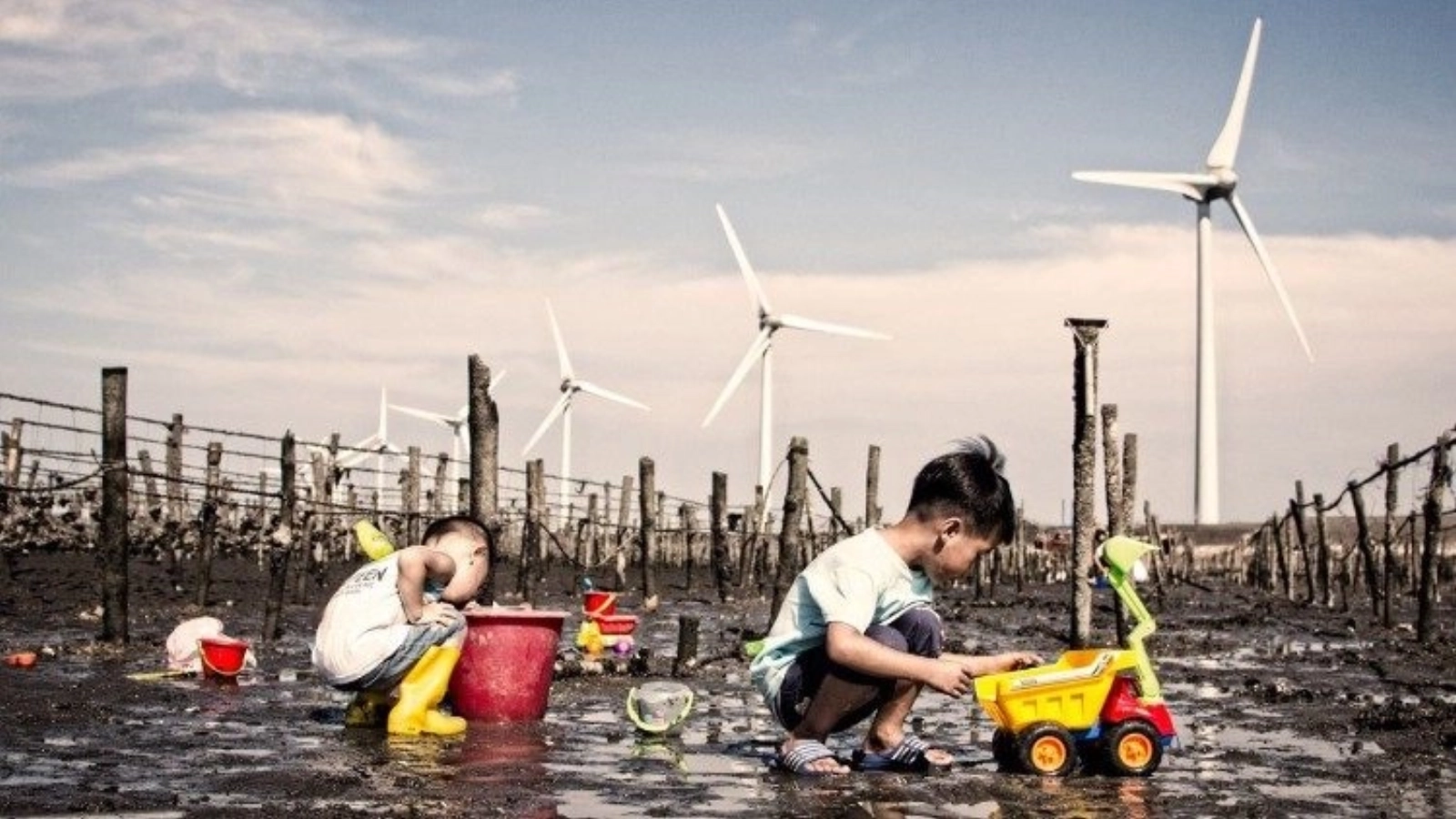














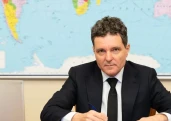



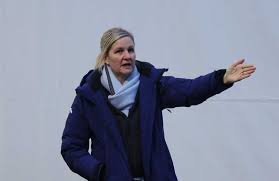
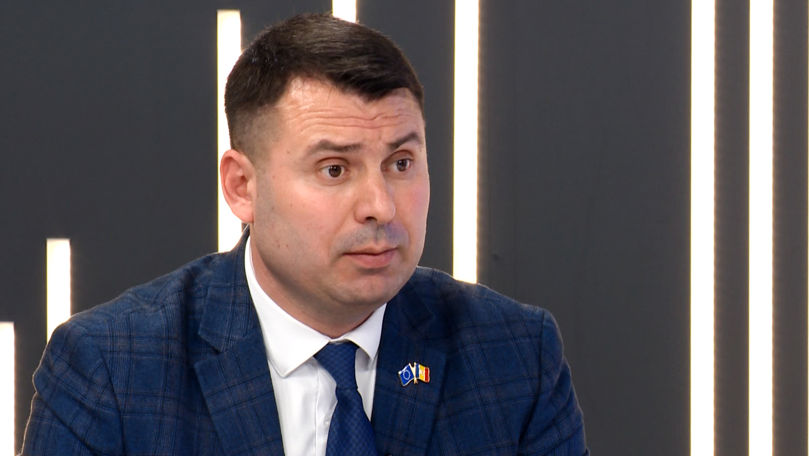
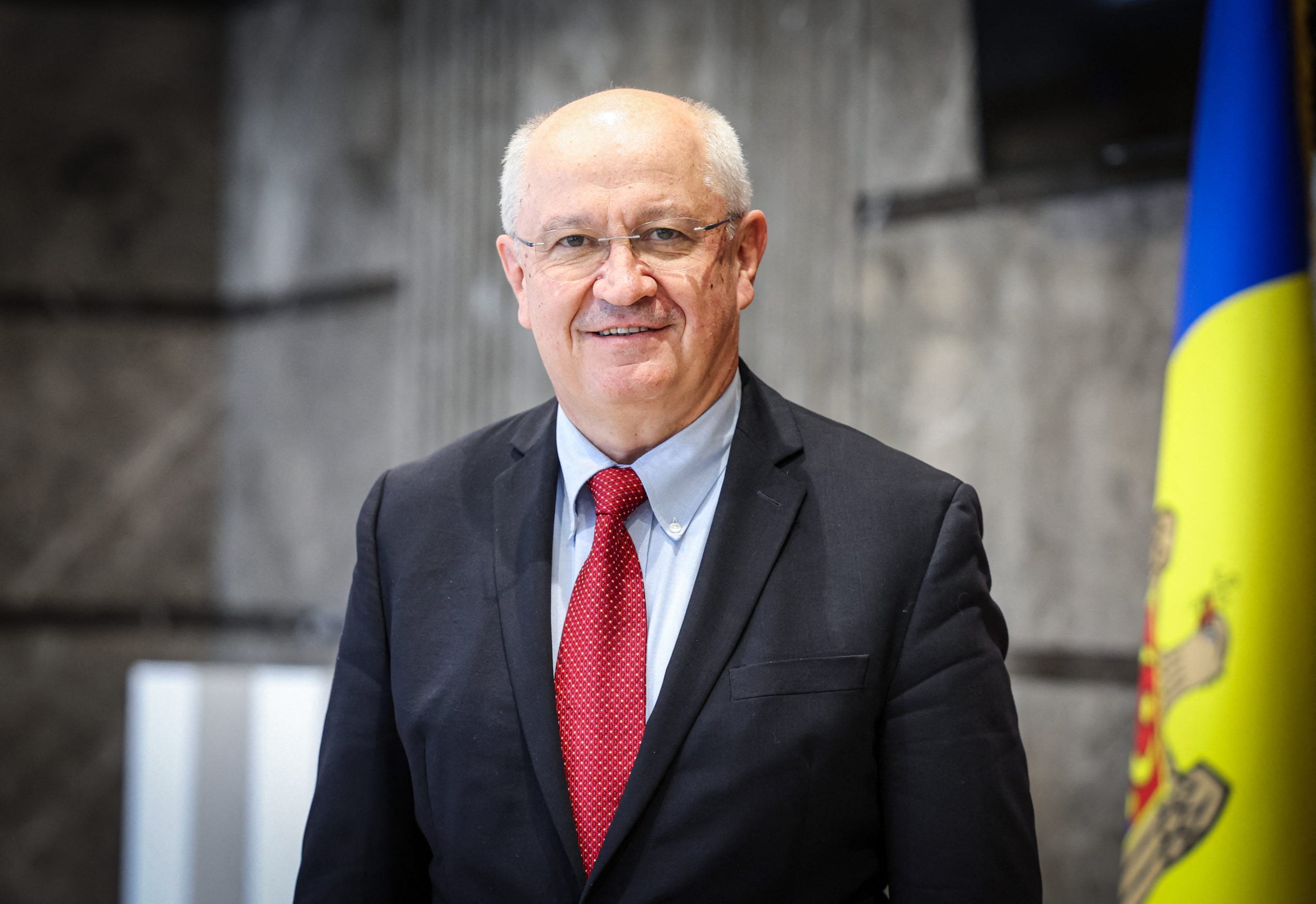
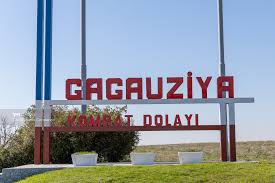








Comentează